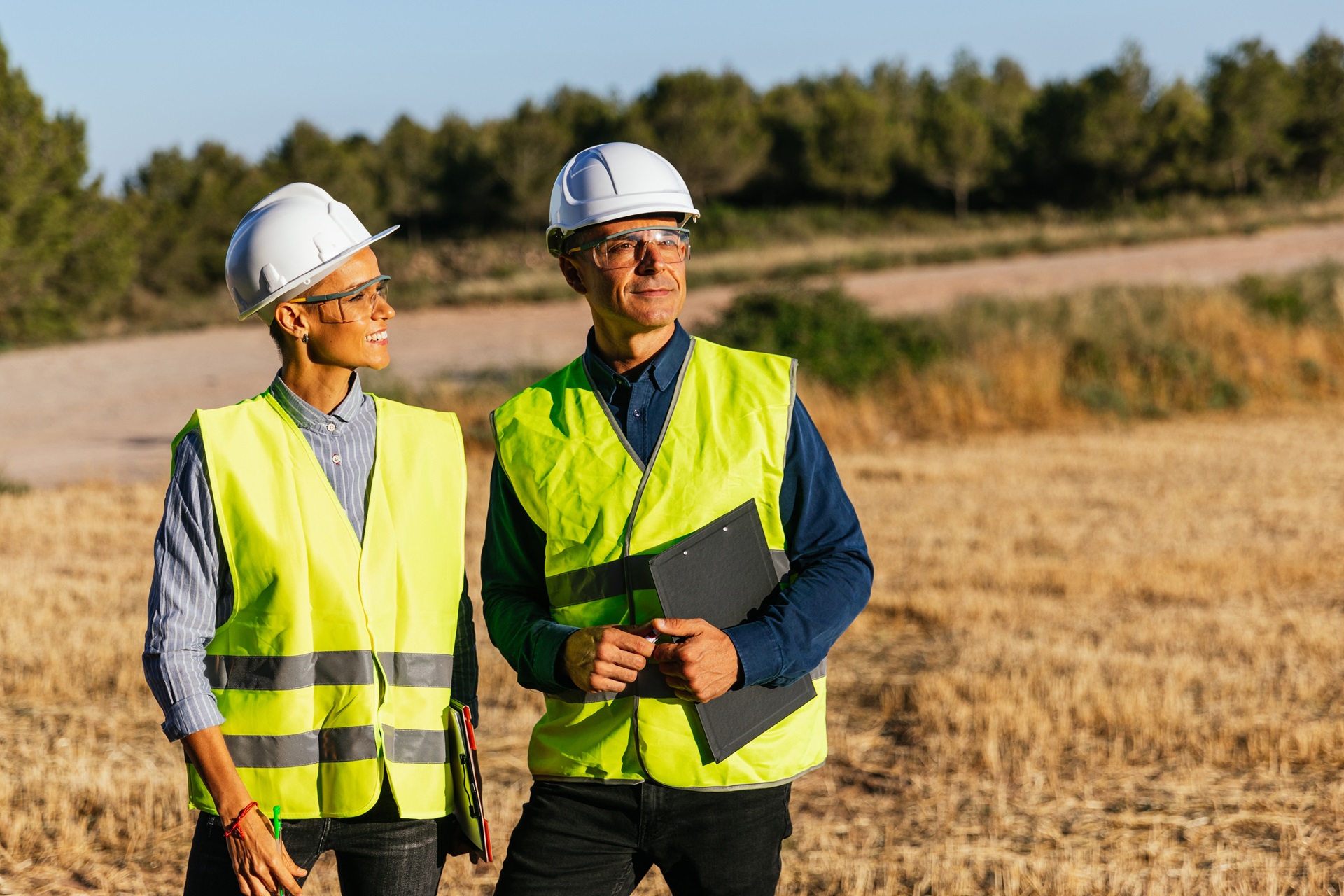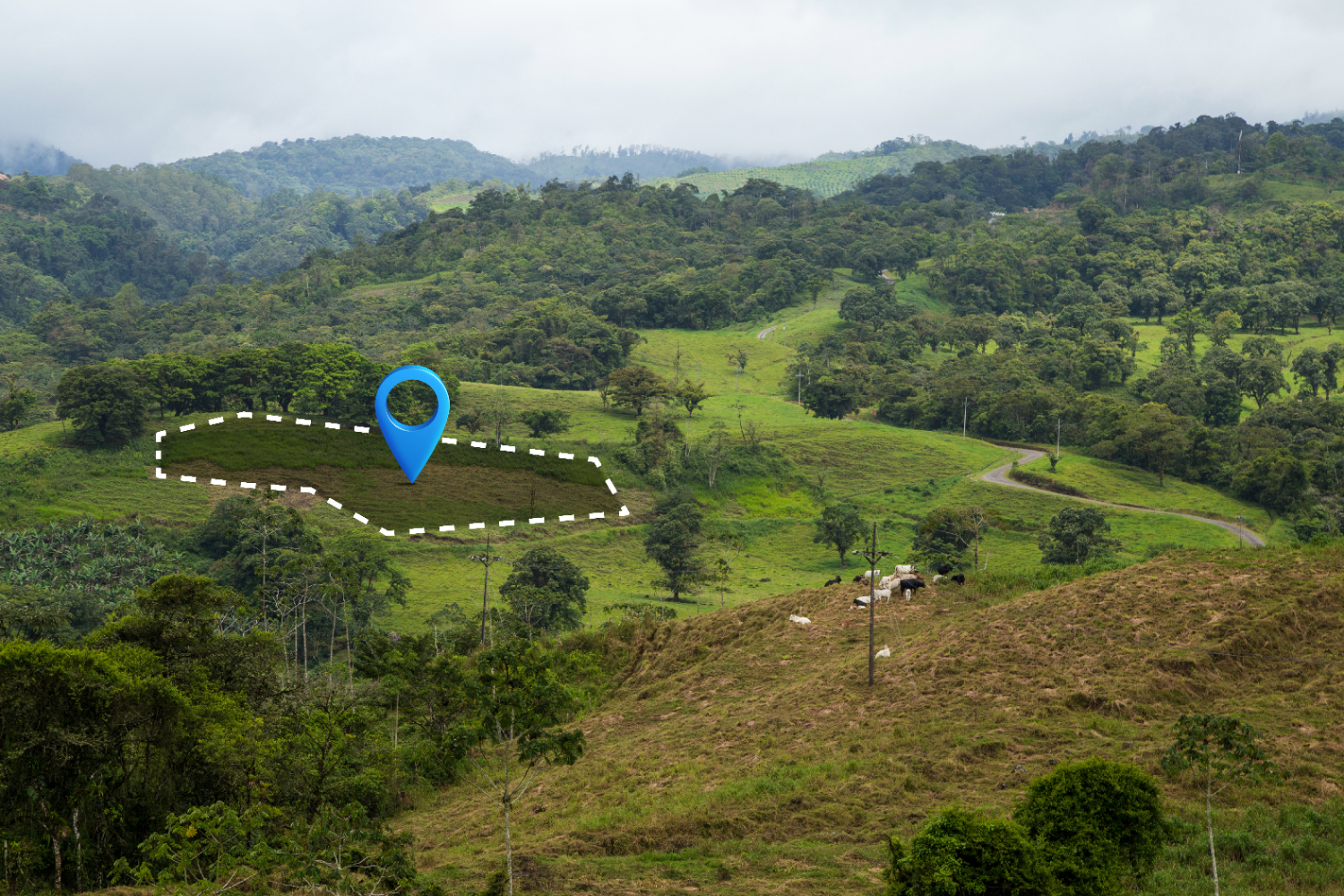Investing in vacant land can be a smart move whether you’re planning to build a home, start a business, or hold the property as an investment. However, choosing the right site is crucial to the success of your venture. Making an informed decision involves much more than just liking the location. It requires thorough research and understanding of various factors that could impact the land’s future usability and value.
One of the first things to consider is local zoning laws and regulations. These rules dictate what you can and can’t do with the land. Ignoring them could result in costly mistakes or even legal troubles down the line. Similarly, understanding the proximity to major roads, utility services, and environmental considerations will influence how suitable the land is for your planned use.
Another important aspect is assessing market demand and investment potential. Knowing the real estate trends in the area, the property’s potential for appreciation, and how it compares to similar properties can give you a better idea of the land’s long-term value. Finally, conducting thorough due diligence, including legal and environmental checks, will help you avoid pitfalls that could hinder your investment.
In this article, we’ll dive into these critical factors, providing you with top tips for site selection when investing in vacant land. With the right knowledge, you can make a well-informed decision and ensure your investment pays off in the long run.
Understanding Zoning Laws and Regulations
When considering an investment in vacant land, understanding zoning laws and regulations is crucial. These rules can significantly affect what you can build and how you can use the property. Here’s what you need to know:
1. Local Zoning Codes
Local zoning codes dictate how land can be used, whether for residential, commercial, industrial, or agricultural purposes. Check the local zoning laws to ensure the land is zoned for your intended use. If the zoning does not match your plans, you may need to apply for a zoning change, which can be a complex and time-consuming process.
2. Building Permits and Restrictions
Besides understanding zoning codes, it’s essential to know the building permits you will need. These permits are necessary for construction and ensure that your building plans comply with local building standards and safety regulations. Restrictions such as height limits, setback requirements, and land use restrictions must be factored into your planning.
3. Future Development Plans
Researching future development plans in the area can provide insight into the long-term potential and challenges of the land. For example, plans for a new highway or commercial center nearby could increase your property’s value. Conversely, unfavorable developments could detract from the land’s appeal. Local planning departments or town meetings often have information on future projects.
Evaluating Location and Accessibility
The location and accessibility of the land greatly influence its suitability and future value. Here are some critical factors to consider:
1. Proximity to Major Roads and Infrastructure
Easy access to major roads and highways can enhance the land’s value by improving transportation links. If the land is for residential purposes, proximity to schools, shopping centers, and medical facilities can also be a significant advantage. For commercial investments, consider the ease of access for customers and suppliers.
2. Access to Utilities and Services
Availability of utilities like water, electricity, sewage, and internet services is essential. Land without access to these utilities may require significant investment to make it usable, which can impact your overall budget and project timeline. Confirm with local utility companies about the feasibility and costs of connecting to these services.
3. Environmental and Topographical Considerations
Assessing the land’s environmental and topographical aspects is vital. Check for issues like flood zones, soil stability, and natural obstacles that could complicate development. Some areas may also have environmental protections that limit your ability to build or require additional permits. Hiring a specialist for an environmental assessment can provide clarity on these factors.
Evaluating these elements ensures you choose land that meets your needs and supports your investment goals. Up next, we’ll delve deeper into assessing market demand and investment potential to help you choose the best site for your investment.
Assessing Market Demand and Investment Potential
Understanding the market demand and investment potential of vacant land is a key step in making a wise purchase. It involves analyzing several factors to ensure the land’s value will appreciate over time.
1. Real Estate Trends in the Area
Keeping an eye on real estate trends can provide insight into the land’s future value. Look for areas where property prices are steadily increasing, which can signal healthy demand and potential for growth. Monitoring market trends can also help you avoid areas with stagnant or declining property values.
2. Potential for Property Appreciation
Assessing the potential for property appreciation involves looking at both current and future factors that could boost the land’s value. Consider nearby developments, incoming businesses, infrastructure projects, and overall economic health. Areas with robust economic activity often see greater property value appreciation, making them ideal for investment.
3. Comparisons with Similar Properties
Comparing the land to similar properties in the area helps you determine if it’s priced fairly. Look at recent sales data to understand what comparable parcels are selling for and evaluate if the land offers similar or superior features. This comparison can prevent you from overpaying and ensure you’re making a sound investment.
Conducting Thorough Due Diligence
Conducting thorough due diligence is essential before finalizing any land purchase. This process ensures you uncover any potential issues that could impact your investment.
1. Title Search and Legal Considerations
A title search involves investigating the land’s history to ensure it has a clear title. This search can reveal any legal claims or disputes that might affect your ownership. It’s also crucial to understand any legal restrictions or easements that could impact your plans. Always consult with a legal professional to review the title and any legal considerations.
2. Soil Testing and Environmental Assessments
Conducting soil testing and environmental assessments can reveal potential issues with the land that might complicate development. Soil tests can determine if the ground is stable for building, while environmental assessments can reveal contaminants or protected habitats. These assessments are crucial for understanding the land’s suitability for your intended use.
3. Engaging with Real Estate Professionals
Working with real estate professionals can provide invaluable insights and guidance. Real estate agents, appraisers, and surveyors have the expertise to help you navigate the complexities of buying vacant land. Their knowledge can help you avoid pitfalls and make informed decisions throughout the buying process.
Final Thoughts
Choosing the right site when investing in vacant land involves thorough research and careful consideration of various factors. From understanding zoning laws and evaluating location to assessing market potential and conducting comprehensive due diligence, each step is crucial in making a wise investment. These factors collectively ensure that the land meets your needs and holds the potential for future growth and profitability.
At Azimuth Land Investments, we specialize in helping you find the perfect piece of land to meet your investment goals. Our expertise in vacant land acquisitions and due diligence can guide you through the complexities of site selection. Contact us today to learn more about how we can assist you in making a smart land investment.




